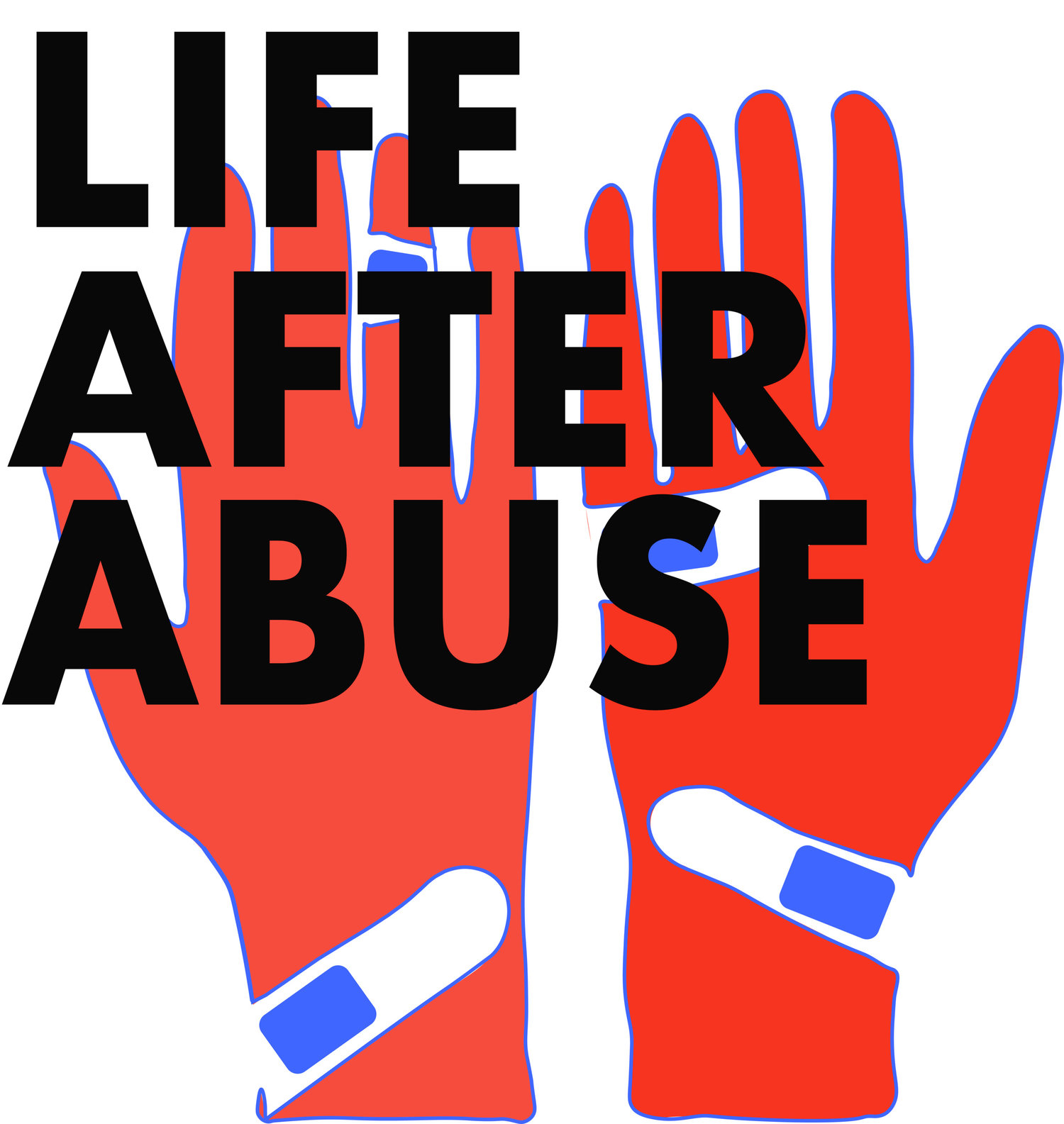Interview: Preparing Students to be Safe on Campus
Michael Bicking is the Director of Public Safety at Eastern College in Pennsylvania. Below are some excerpts from our discussion on Campus Assault and Safety.
The full interview will be available in the coming weeks.
****************************************************************************************************************
What should parents and students know about general safety when they come on campus?
“Typically our campuses of higher education are welcoming areas that want to have a partnership with the surrounding community. So there is a flow of people coming and going at any given time. That means that there are plenty of good people coming and going on your campus. And then there are some that are bad people coming and going on your campus. Like those also that are are on your campus. So not everybody's a good person.”
“We want this open environment, and as a campus security professional, we are alway balancing the openness and welcoming part of our campus with the security. And that's a very difficult balance to achieve.”
How can parents prepare their children to be safe on campus?
“New parents with college students believe that there is this safe order around all the colleges [and] that everything is going to be fine because the college is a safe environment. Well I would tell you that there is no place that is a hundred percent safe.”
“One thing that helps us is when parents prepare their students by saying, look, you have to take an active role in your security. You have to be aware of your surroundings. That's not to say that they [students] should walk around paranoid. It's not to say that should they fall victim to a crime that in any way, it is the victim's fault, because it is never the victim's fault. Ever.”
“[Understand] that the reality is that there are people, all kinds of people on campus with all kinds of motives.”
Campuses have a requirement to report crimes on campus. What’s the reaction?
“If you're reporting crimes and you're also telling people in your annual security report all the services you have and assistance that you're doing for your for your students, parents are going to realize that you're doing your job.”
“And if we report, if we accept the reports and willingly and enthusiastically support the victim, that will shine through and you will have other victims willing to participate in the processes and report. It will also then encourage those bystanders to say, ‘Hey, I need to help this victim out. I need to report what I know because they're taking it seriously’.”
What are some of the security trends on campus?
“Well, I think that the trend that I'm seeing most is a positive one. And that is that students are willing to report more than they were before.”
“ I think that's the result of better educating the students both from K through 12 environment, and also that college campuses are doing a better job getting students to understand their role as students. That could be bystander training, [and] knowing what is crime and what isn't. So I think that while there's lots of reasons why students and victims choose not to report, I think that right now I'm seeing sort of an uptick of victims being willing to report because they understand better and there is a better trust factor between the college and their students.”
What one thing would you like for victims of abuse or assault to know?
“I'd like them to know their rights. And there's a couple of ways they can know their rights.”
“Hopefully prior to being a victim, but certainly after becoming a victim, read the annual security report that comes out (that’s required to be published) every October 1st to [help] every current student, every current employee, every prospective student and every prospective employee understand what resources and services are guaranteed to you. And then also find out who your title IX coordinator [is]. That is important. It's imperative that they know that, so that they can get those services and those accommodations should they become a victim.”
Name one thing that we as a society should be doing to stop abuse and assault.
“Well, I think that we're on that road, but by the same token, it seems like there's a number of tribal philosophies now. So I think that we need to get back to caring for one another, despite whether we agree about conservative views or liberal views or progressive views, [and] be willing to take care of each other. I think that if we can get to that, it will make a whole lot of difference and it will stop some of the nonsense that happens. And also it will put more notice to the victims that we care, and to those who want to do harm to others that we don't accept this and we're going to prosecute you. We're going to take every action we can against you if you act in a criminal way.”
**********************************************************************************************************
About Michael Bicking:
Prior to his current position as Director of Public Safety at Eastern University, he was employed with West Chester University Department of Public Safety for 32 years, the last 28 years, Michael served as Director of Public Safety & Chief of Police. Director Bicking holds a BA in Political Science from Lycoming College and has completed course work for a MS in Criminal Justice at West Chester University. Michael hold a certification in Crime Prevention Through Environmental Design (CPTED) and is a graduate of the Gavin DeBecker Advance Threat Assessment and Management Academy. Michael is an experienced presenter and expert in numerous topics including Crime Prevention, Physical Security, Police Services and Threat & Risk Assessment. Michael is a senior consult with Standing Stone Security Consulting. Michael has instructed with the Clery Center since 2014.



